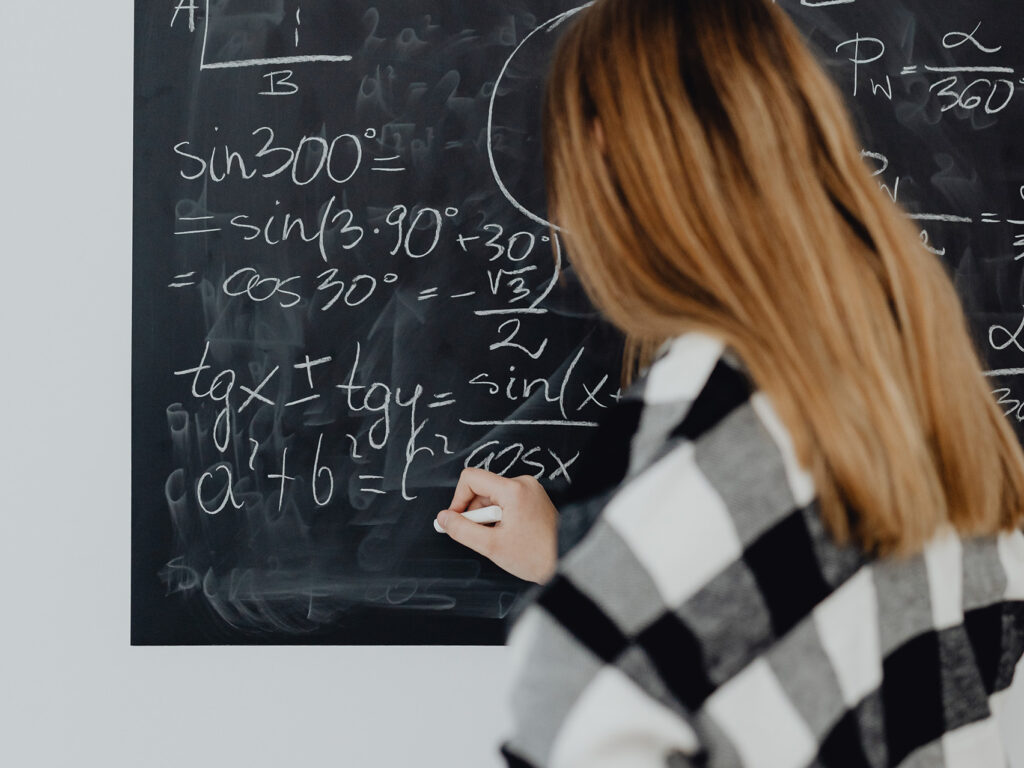
GCSE Maths Course
Preparing for your GCSE exams can be a daunting task, especially when it comes to selecting the right GCSE courses. Among these, mathematics shines as a critical foundation. GCSE Maths courses serve as the bedrock for future academic and career endeavours. Numerous providers offer the option to explore GCSE maths through their online courses. At Courses and Exams, we delve into the intricacies of GCSE maths courses and provide strategies for achieving success.
The Significance of GCSE Mathematics
GCSE Mathematics holds a prominent place in education for several compelling reasons:
- Heightened Employability: In the professional world, many employers expect a minimum level of mathematical proficiency as a prerequisite. Proficiency in GCSE Mathematics can substantially bolster your employability.
- Gateway to Further Education: For those contemplating A-levels or advanced courses, GCSE Mathematics frequently serves as an essential prerequisite.
- Essential Life Skills: Mastery of mathematics is indispensable for managing personal finances, interpreting data, and making informed decisions across various life domains.
- Nurturing Problem-Solving Abilities: Mathematics cultivates critical thinking and problem-solving skills, valuable attributes in a multitude of fields.
Structure of GCSE Mathematics Courses
GCSE Maths courses usually comprise two primary tiers, each covering a range of subjects:
- Foundation Tier: Tailored for students aiming for grades 1 to 5, this tier covers fundamental topics such as number theory, algebra, geometry, statistics, and probability.
- Higher Tier: Geared towards students targeting grades 4 to 9, this tier delves deeper into mathematical concepts and may include advanced topics like trigonometry and calculus.
Evaluation within the course typically involves written examinations, usually consisting of three papers: one non-calculator paper and two calculator papers. These papers assess various aspects of mathematics, including problem-solving, logical reasoning, and proficiency in mathematical techniques.
Preparing for Academic Success
Achieving excellence in GCSE Mathematics demands careful preparation and a systematic approach. Here are some guidelines to facilitate your success:
- Begin Early: Initiate your preparation well in advance to ensure comprehensive coverage of all topics. Consistent and early practice is paramount for success.
- Grasp the Syllabus: Familiarise yourself with the GCSE Mathematics syllabus to identify specific areas that require your attention.
- Regular Practice: Engage in frequent problem-solving sessions, drawing from both textbooks and past examination papers. This practice will fortify your skills and boost your confidence.
- Seek Support: Don’t hesitate to seek guidance from teachers, tutors, or peers when facing challenging concepts or problems.
- Employ Effective Study Techniques: Utilise study aids such as flashcards, revision guides, and online resources to enhance your learning experience.
- Stay Calm During Examinations: On the day of the exam, maintain composure and carefully read each question. Manage your time wisely to tackle all questions to the best of your ability.
Conclusion
GCSE Maths courses serve as the foundation of a student’s educational journey, providing essential skills that hold value not only in academia but also in daily life. The first step involves selecting the right course, understanding its significance, and leveraging it for future achievements. While revision methods may vary, a well-chosen GCSE mathematics course paves the way for realising your future aspirations.
Courses and Exams Team
We help thousands of students each year with revision, courses and online exams.
Related Blog Posts
Speak to one of our experts now
Our Functional Skills Experts are on hand to answer any queries you may have.